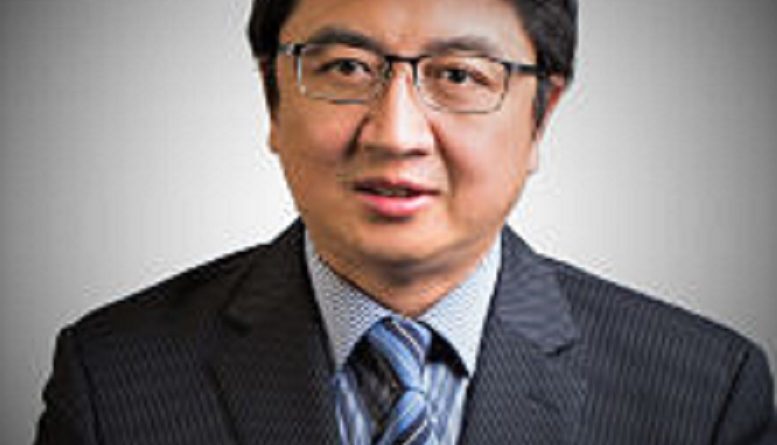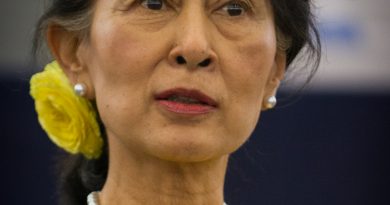Professor Wang on the State of U.S.-China Relations
Joshua Powanda
Staff Writer
As the American presidential election nears and COVID-19 continues to plague the nations of the world, diplomatic tensions are reaching a tipping point between the United States and China. In order to better understand the latest developments in U.S.-China relations, The Diplomatic Envoy recently sat down with Dr. Zheng Wang, Professor at the School of Diplomacy and Director of the Center for Peace and Conflict Studies, to discuss the rise in hostilities between the two countries.
As an advocate of peace and dialogue between the U.S. and China, Dr. Wang understands the challenges of the relationship. Not only do the American and Chinese governments disagree on various issues including trade, maritime security, and diplomatic engagement, but it seems that little is being done to rationally resolve these concerns.
Dr. Wang discusses many of the issues that led to the current state of U.S.-China relations, including a lack of trust, unqualified diplomats holding key policy positions, and a rise in nationalism and populism. In the past, Dr. Wang has sought to respond to these challenges through open dialogue, something each government has been reluctant to do.
Despite the lack of cooperation and interaction, Dr. Wang, the recent recipient of his third grant from the Henry Luce Foundation, has opened the lines of communication between both countries. He facilitates dialogue between former American and Chinese high-ranking policy officials as well as leading scholars from both sides. The goal of these talks, Wang explains, is to build a mutual understanding of the intentions of each side and to avoid major miscalculation and misjudgment.
Despite the tensions in the relationship, Dr. Wang explains that there is still hope so long as the two countries can keep hostilities below the level of conflict. He continues by saying that the next few months will determine the status of U.S.-China relations for the foreseeable future. He explains that as rational actors, both countries should be interested in avoiding a military conflict, as this would be mutually destructive. Rather, the United States and China should work together on many issues they share a common interest in and responsibility to address, such as climate change and particularly COVID-19.
The COVID-19 pandemic has had a larger impact on U.S.-China relations than other issues. Dr. Wang explains that each side has resorted to a blame game in which conspiracy theories and accusations are normalized. In order to address these concerns, the new set of talks between former policy officials and policy experts will focus on the pandemic and the impact it has on the ever-growing strained relationship between both countries.
While Dr. Wang and his group seem to be making substantial progress in their efforts to build understanding between adversaries, it is important to highlight the greatest areas of contention between the U.S. and China. Trade, diplomatic tensions, the autonomy of Hong Kong, and the South China Sea are issues proven to be challenging to the relationship. The Trump administration has addressed these concerns through the tariffs of billions of dollars of Chinese goods, the closure of the Chinese Consulate in Houston based on charges of illegal espionage, the revocation of Hong Kong’s special status, and growing calls for free and open access to the South China Sea. While solutions to these problems may not come within the next few months or years, it’s the interest of the two countries and the entire world to keep a peaceful U.S.-China relationship.
Through the work of dedicated global citizens like Dr. Wang and those with whom he facilitates dialogue, we hope rationality can be restored and positive change is still possible so long as we keep the lines of communication open.




